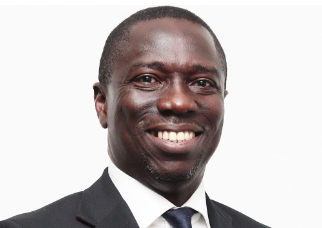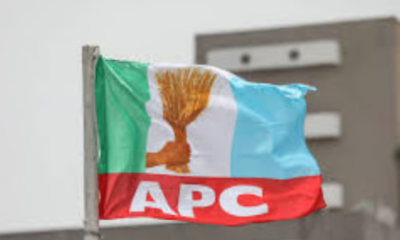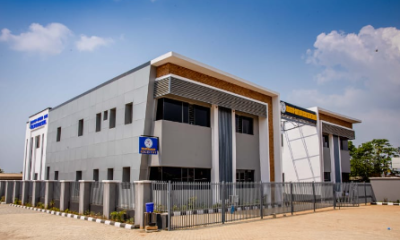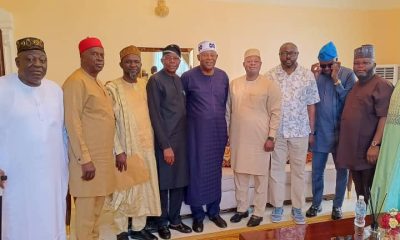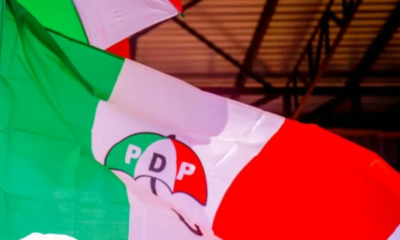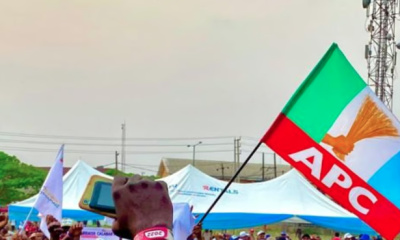- Requests time to decide either to seek re-election or not
President Muhammadu Buhari has come under pressure over his bid to seek re-election amidst wide opposition from within and outside the ruling All Progressives Congress (APC).
Accordingly, Buhari has requested the APC Governors who have repeatedly endorsed him for second term, to give more time to consider if he will seek re-election for second term or not.
The President request is coming in the midst of oppositions from various sections of Nigeria and a time several members of the ruling elite and non-state actors have commenced search for his successor in 2019.
More strikingly is the reality that the elite who supported him in 2015 have not only abandoned him but have advised him not to seek re-election in 2019. More so, Northern Elders who constitute the fulcrum of power bloc in the North, have also resolved to search for credible candidate for the 2019 presidential election
The Northern Elders did not only resolved to search for a credible northern candidate but a candidate that originates from their own persuasions and not one decided for them from any part of Nigeria outside the North.
Former President Olusegun Obasanjo opened the salvo in his famous Special Statement January 23, 2019, when he openly advised Buhari not to contest for re-election in 2019 but join the league of former presidents and elder statesmen in supporting Nigeria’s socio-economic development.
Thereafter, the controversial statement from former Head of State, retired General Ibrahim Babangida compounded the resistance to Buhari’s re-election for second term.
Moreover, the Arewa Youth Forum had earlier advised President Buhari not to seek re-election in 2019 citing poor management of the economy and collapse of national security as reasons why the incumbent president should go in 2019.
Other state and non-state actors in opposition to Buhari’s second term bid include Senator Shehu Sani, Ango Abdulahi, Reverend Farther Mbaka, Senior Pastor Tu8nde Bakare, etc.
Losing the support of the ruling elite is a costly setback for any incumbent president. The consequence is obvious and manifested clearly in the gang against former President Goodluck Jonathan and the Peoples Democratic Party (PDP) in 2015.
However, President Buhari has already appointed Minister of Transport, Rotimi Chubike Amaechi, Director General of his Presidential campaign Organization, Abuja, signaling the takeoff of his re-election mobilization and campaign.
More so, the president appointed APC national leader, Asiwaju Bola Ahmed Tinubu, to lead the reconciliation initiative and restore cohesion in APC.
These have not in any way minimize the rising opposition to the president’s re-election. The president either did not seem to have considered the rising opposition to his re-election. Perhaps, he may have begun to think of the consequence of defying such protests.
In any case, President Buhari may be spending time to deepen negotiations for his re-election across the country before his final decision. Many stakeholders in the polity have advocated that the incumbent president take the Nelson Mandela option in South Africa and step down after his first term. Meanwhile, he has been endorsed by his kinsmen from the Katsina emirate.
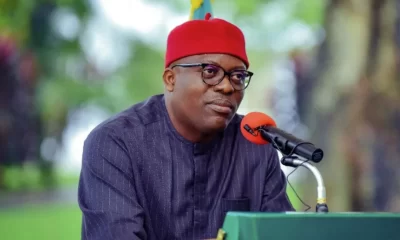
 Featured1 week ago
Featured1 week ago
 Business1 week ago
Business1 week ago
 News6 days ago
News6 days ago
 Football1 week ago
Football1 week ago
 Football1 week ago
Football1 week ago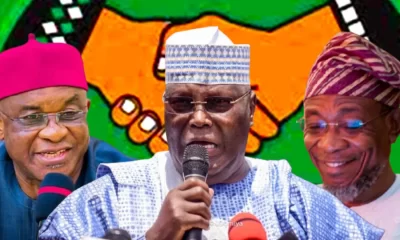
 Latest1 week ago
Latest1 week ago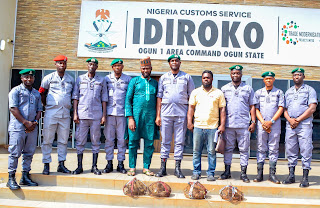
 Agribusiness5 days ago
Agribusiness5 days ago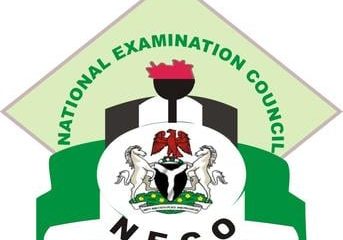
 Education7 days ago
Education7 days ago

